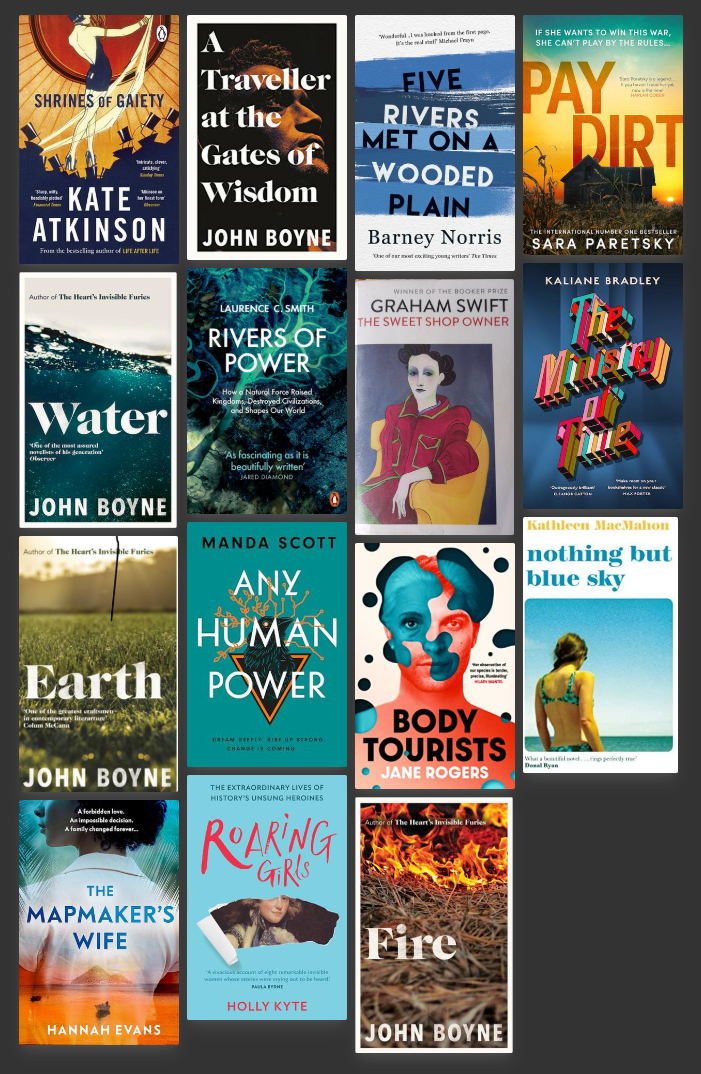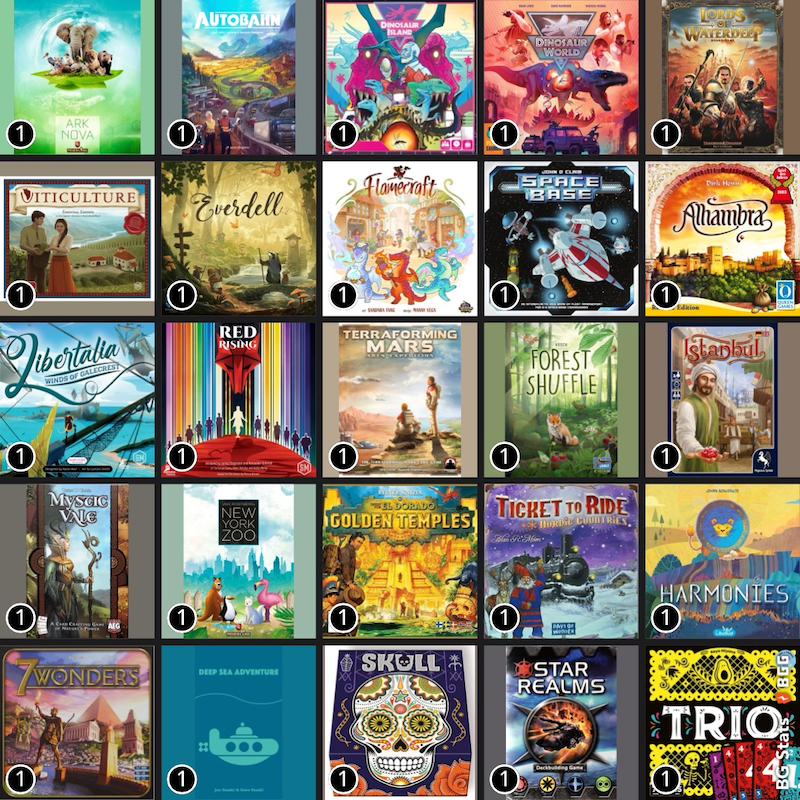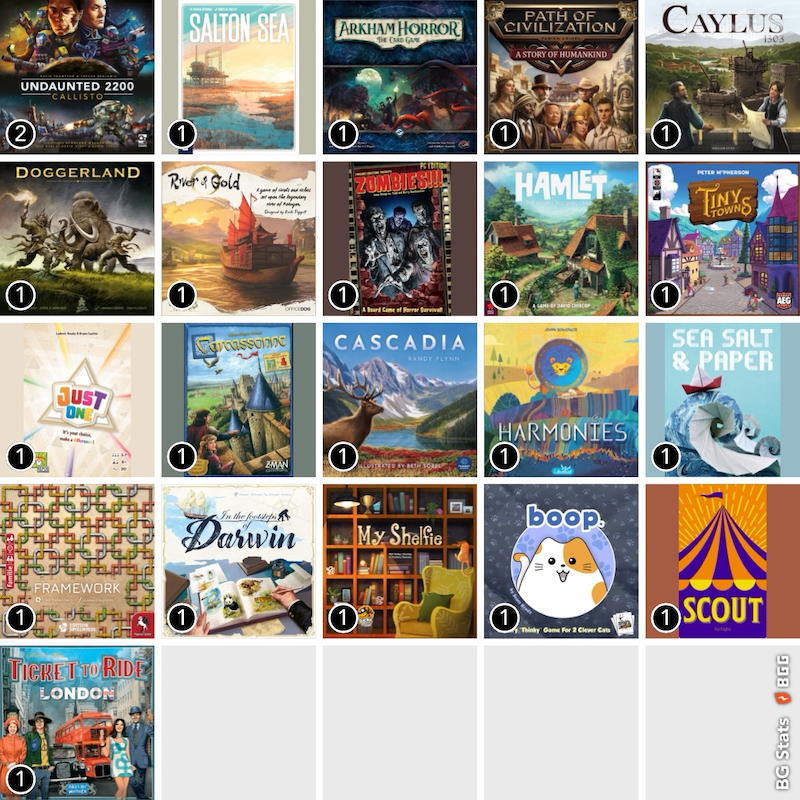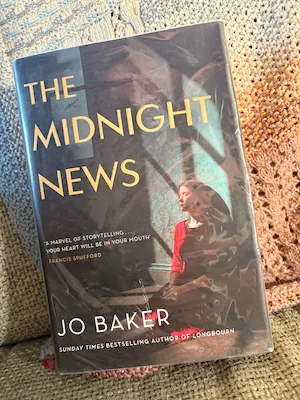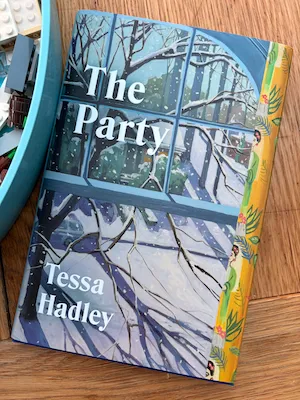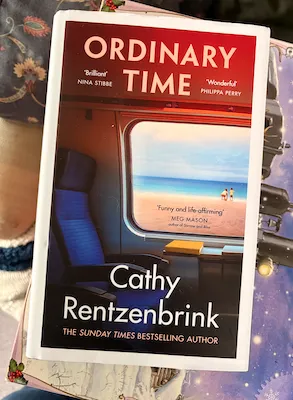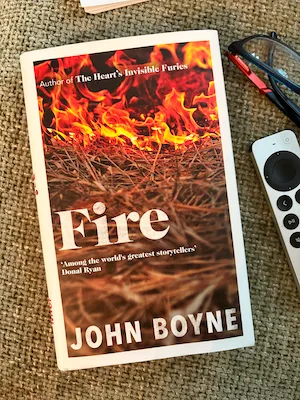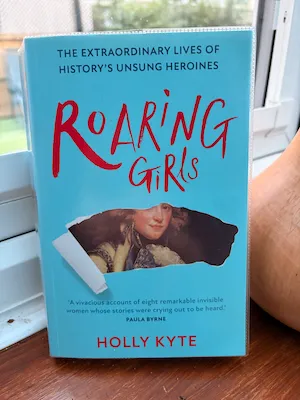Hearing Secret Harmonies
by Anthony Powell
Wednesday, February 8, 2023
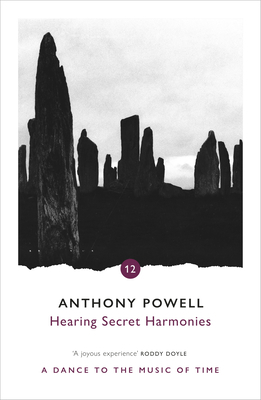
I have finally got to the end of the series! And I’m still not sure if I’ve enjoyed these books or not. But I’m glad I’ve read them.
No, it’s not really fair to ask if I’ve enjoyed them. If I wasn’t getting anything out of them I would have stopped a long time ago. There have been points where the series has seemed to drag, especially in the wartime years, but there has always been something that has brought me back to them. I think I just like seeing the changes in the characters as time goes by. In a way it seems rather unrealistic that Nick keeps bumping into the same characters in each book, but then there are others who loom larger in the narrative but really they are just hanging about as memories. And new major characters continue to appear throughout the series. In this book though it did feel like a few characters were just being brought back for a quick turn to round the stories off, but then it’s fiction, why not catch up with a few of the early players at the end. I did find Widmerpool a bit wearing. It took me a few books to realise he was going to be the major recurring character, and I can see why this kind of half friend half enemy type was needed in the series, and maybe that’s realistic. The character you’ve never much liked who keeps turning up decade after decade.
I thought this book took a rather bizarre turn, and honestly I wasn’t sure what was humour, what was farce and what was tragedy. But that’s been the case all along. The humour is understated, and whilst that’s how I would have said I liked my humour, I’ve had trouble distinguishing it from the normal life of the privileged classes that we mostly see here. Because these books are very much a slice of mid-twentieth-century life of the well off cis het white male. And one of my problems with them is definitely that I feel like I’ve read that viewpoint a thousand times before. But I read them anyway.
And I mostly liked our narrator Nick, though that might be because he never gave us a good view of himself. He reflected those around him. One thing that stood out was that I never noticed homosexuality being mentioned in a derogatory manner, it just seemed to be accepted as the way things were, which was good to see in books of this era. My issues with the early books were very much with the lack of female characters and the stereotyping of those there were. In retrospect I think that probably reflects the male single sex upbringing and there are plenty of female characters in the later books. When Pamela Flitton first came on the scene in the war years I though that the story from her point of view would be an interesting take on these books, and nothing since has diminished that view.
A lot of books are a snapshot of a certain time and place, and this series is definitely worthy of praise for extending that out to something with much more detail than a snapshot. I’m happy to have read them, and also happy to move onto something else now!
